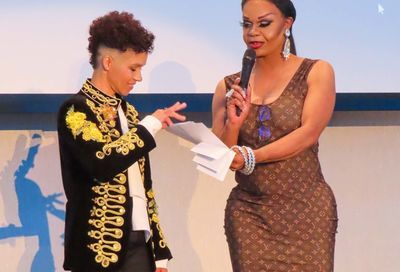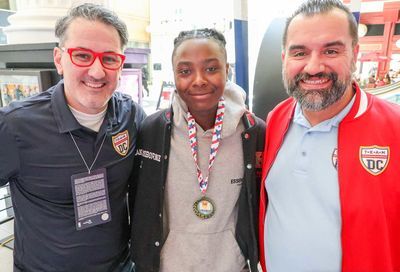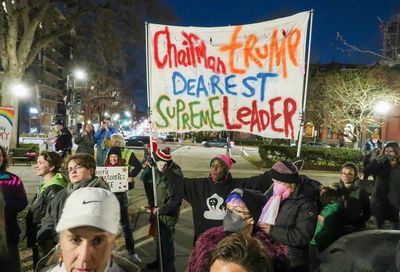Finding Hope in Uganda
Gay American shares his perspective on the homeland he fled
Not long ago, things were calm and somber in Uganda. But bigoted evangelical Christians from the U.S. seeking to promote a homophobic agenda led to the drafting of the so-called “kill the gays bill.” The bill no longer includes the death penalty, nor is it still a bill — it is law.
Now that President Museveni has signed it, what lies ahead for Uganda’s LGBTQ community? What are the new challenges to the well-being of Ugandan LGBTQ people’s survival in a grossly intolerant society? Given the historic pattern of inhumanity and impunity of Uganda’s law-enforcement forces and its often biased judiciary, how will the LGBTQ community expect anything less than extrajudicial persecution from civilians whipped into a hateful fury by the gay-baiting and inquisitorial media — abetted by the legal system that will deny those accused bail and cast them into the merciless detention centers and jails? Uganda, as signatory to the Universal Declaration of Human Rights, has proved to the world that the signature was just a scribble on paper, nothing more.

Kushaba Moses Mworeko
(Photo courtesy of Mworeko)
In place of rights, we have hope. It is our only asset, and the one we need most. We hope that the worst is quickly tempered in the short term. In the long run, we hope for the best. The onslaught of the last five years has made Uganda’s gay community stronger than ever. We have placed the case of our need for human rights before the world, and people all over the world are supporting us. This is a huge victory that cannot be stolen.
For clarity’s sake, I must make the point that no one on earth wishes to live in such a hostile environment. Homosexuality is not akin alcoholism or other addictions that might be modified by behavioral therapy. To the contrary, same-sex attractions are inborn traits. People — threatened with social ostracism, facing discrimination in all walks of life, subject to lengthy prison sentences and heinous stereotyping, fearful of police harassment and “mob justice” — will both live and die with this orientation. I truly wish that sexuality was a choice, like a faucet that is easily turned on and off. Then those victims of this odious law would be able to fight their same-sex attractions, as it is already wrongly alleged they are able to.
Regardless of race, sexual orientation, gender, religion, beliefs, or any other innate or innocuous trait, we all desire — and deserve — to be treated with respect and dignity.
To those good people of the world who want to defend the human rights of all LGBTQ Ugandans, I urge you to listen empathetically to these crying citizens. This alone is a tremendous help, for we don’t have the power to get every single one of them out of Uganda.
Financially supporting the work of the gay organizations on the ground in Uganda strengthens the ability of those organizations to pressure the government from within and outside Uganda.
People in North America and Europe should counter the hate-instigating evangelical groups by organizing grassroots education campaigns and by lobbying politicians to revoke not-for-profit status of evangelical and right-wing religious sects and denominations that promote intolerance.
There are many human-rights and civil-rights organizations that may be natural allies of the struggle for human rights in Uganda. Many as yet untapped groups may be brought into broad coalitions able to compel action on behalf of LGBTQ Ugandans and beyond.
Finally, there can be boycotts multinational corporations and others that do business with Uganda.
The creation of a movement is essential in preventing more countries from following suit. Nothing is impossible. Together, we will win this fight.
Kushaba Moses Mworeko is a gay D.C. resident and a specialist in the Army National Guard. He fled Uganda in 2009 and received asylum in the U.S. in 2011.
Support Metro Weekly’s Journalism
These are challenging times for news organizations. And yet it’s crucial we stay active and provide vital resources and information to both our local readers and the world. So won’t you please take a moment and consider supporting Metro Weekly with a membership? For as little as $5 a month, you can help ensure Metro Weekly magazine and MetroWeekly.com remain free, viable resources as we provide the best, most diverse, culturally-resonant LGBTQ coverage in both the D.C. region and around the world. Memberships come with exclusive perks and discounts, your own personal digital delivery of each week’s magazine (and an archive), access to our Member's Lounge when it launches this fall, and exclusive members-only items like Metro Weekly Membership Mugs and Tote Bags! Check out all our membership levels here and please join us today!



















